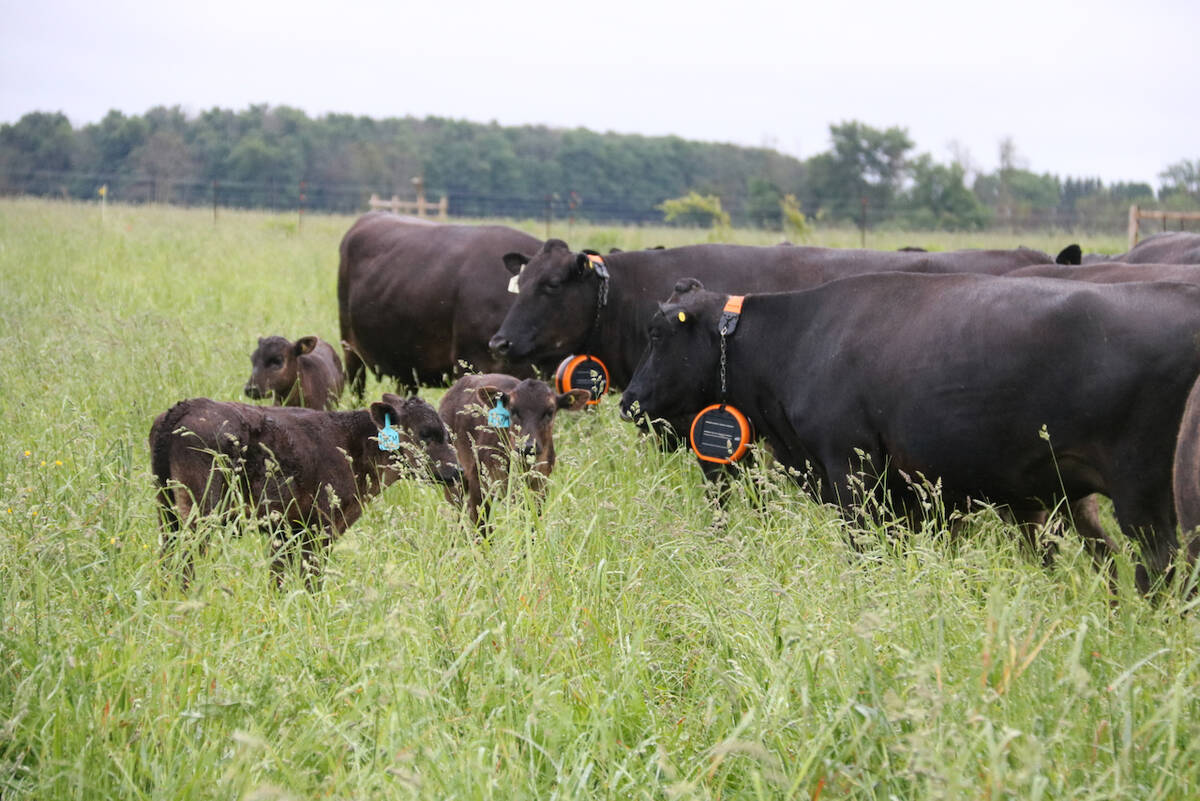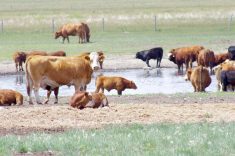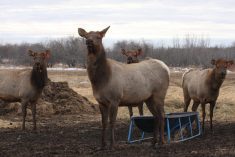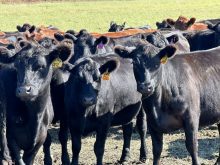Albertans are being urged to check their elm trees for symptoms of Dutch elm disease (DED).
“All species of elm trees in Alberta are susceptible to DED,” said Janet Feddes-Calpas, executive of the Society to Prevent Dutch Elm Disease (STOPDED).
“If a tree is infected with this fungus, it must be removed immediately to prevent further spread.”
Symptoms of DED infection are leaves first wilting and then curling, turning yellow and then brown.
“This is also referred to as flagging,” said Feddes-Calpas. “Leaf symptoms are usually accompanied by brown staining under the bark. Suspicious elms must be tested at a lab for the presence of the fungus. Lab costs are covered by STOPDED.”
Read Also

How soil fertility management can boost pasture yield by 43 per cent
Learn how soil testing and targeted fertilization can increase pasture biomass by 43%. Expert tips on N, P, and K management for beef cattle producers.
The fungus is primarily spread from one tree to another by elm bark beetles. The beetles are attracted to weak and dying trees, which serve as breeding areas. Once the beetles have pupated and turned into adults they leave the brood gallery and fly to healthy elms to feed, thus transporting the fungus on their bodies from one tree to the next.
Elm bark beetle numbers have not only increased in recent years, but the number of municipalities, especially along the Alberta-Saskatchewan border, finding beetles is also increasing.
“For this reason, it is important that elm firewood not be transported into or within Alberta as the wood may be harbouring the bark beetles,” said Feddes-Calpas. “Firewood is confiscated at all the Alberta-Montana border crossings.”
To report elms showing DED symptoms, call 1-877-837-ELMS (3567). More information can be found at stopded.org.















